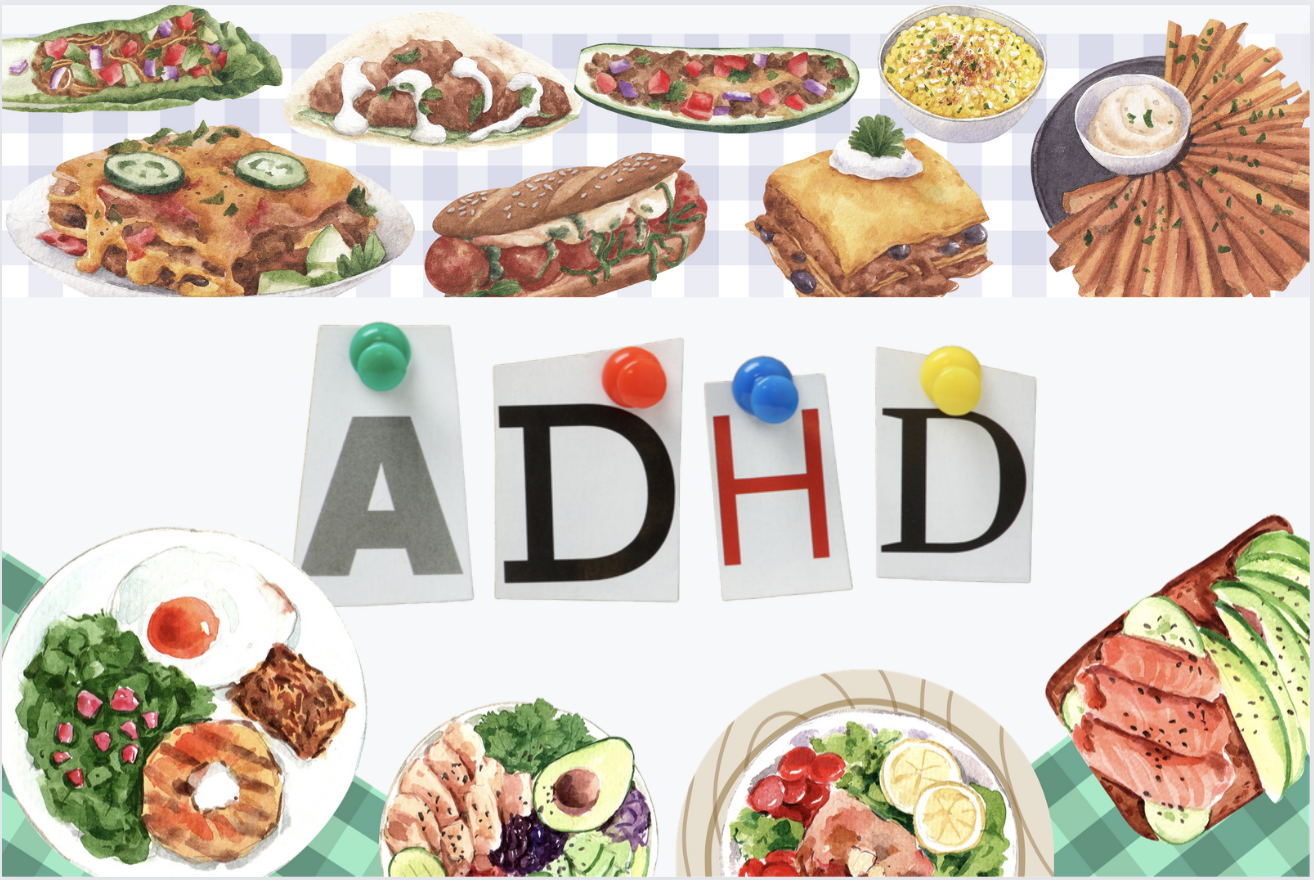
Attention-deficit/hyperactivity disorder (ADHD) is a neurodevelopmental disorder that affects both children and adults, impacting various aspects of daily life, including behavior, attention span, and cognitive function. While the core symptoms of ADHD are well-known, there are other aspects of the disorder that might not be as widely discussed. One such aspect is the potential for individuals with ADHD to have food aversions. In this blog post, we'll delve into the link between ADHD and food aversions, exploring some common aversions and possible explanations behind them.
Understanding ADHD and Food Aversions
ADHD is often characterized by symptoms such as inattention, hyperactivity, and impulsivity. However, individuals with ADHD can also experience sensory sensitivities that might lead to food aversions. These aversions are more than just picky eating habits; they can be influenced by sensory processing differences that are common in individuals with ADHD.
Common Food Aversions in Individuals with ADHD

- Texture Sensitivities: Many individuals with ADHD have heightened sensory responses to different textures. This can lead to aversions to certain foods with textures they find uncomfortable or unappealing. For example, foods with slimy or mushy textures like certain fruits, vegetables, or yogurt might trigger aversions.

2. Bitter or Strong Flavors: Some individuals with ADHD are more sensitive to bitter or strong flavors. This can result in aversions to foods with strong tastes, such as bitter vegetables like Brussels sprouts or intensely flavored spices.

3. Overstimulation: Individuals with ADHD often have difficulty filtering sensory stimuli. This can cause overstimulation in certain environments or situations, including mealtimes. Foods with strong odors or vibrant colors might trigger discomfort or aversions due to sensory overload.

4. Routine and Predictability: Routine and familiarity can provide a sense of comfort to individuals with ADHD. Foods that deviate from their established eating habits might lead to aversions due to the element of unpredictability.
Possible Explanations for Food Aversions

- Neurological Factors: Research suggests that individuals with ADHD might have differences in their neurological pathways, affecting how they perceive and process sensory information. This can influence their reactions to certain food textures and flavors.

2. Dopamine Regulation: Dopamine, a neurotransmitter linked to reward and pleasure, plays a significant role in ADHD. Some individuals with ADHD might seek out foods that provide instant gratification, leading to aversions towards healthier but less immediately rewarding options.

3. Executive Function Challenges: Executive function deficits are common in ADHD. These deficits can affect an individual's ability to plan, organize, and execute tasks, including meal planning. Food aversions might arise from difficulties in trying new foods or managing varied diets.
Managing Food Aversions with ADHD

- Gradual Exposure: Gradually introducing new foods or textures can help individuals with ADHD become more accustomed to different tastes and sensations. This can be done over time, allowing them to adapt to the changes.

2. Incorporate Preferences: Finding ways to incorporate foods they do enjoy can make mealtime more appealing. For instance, blending vegetables into smoothies or disguising them in sauces might make them more palatable.
3. Sensory-Friendly Environment: Creating a sensory-friendly environment during meals can reduce overstimulation. Minimizing distractions, using calm lighting, and offering familiar utensils can make a significant difference.
Conclusion
Food aversions are an aspect of ADHD that can impact an individual's dietary choices and overall well-being. Understanding the sensory sensitivities and neurological differences that contribute to these aversions is crucial in finding strategies to manage them effectively. By gradually introducing new foods, considering sensory factors, and adapting mealtime routines, individuals with ADHD can navigate food aversions while maintaining a balanced and nutritious diet. If you or someone you know is dealing with ADHD-related food aversions, consulting with healthcare professionals or dietitians who specialize in neurodiverse populations can provide personalized guidance and support.



